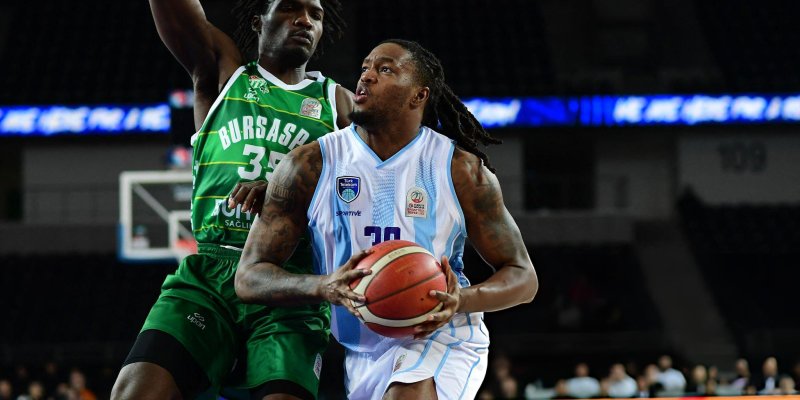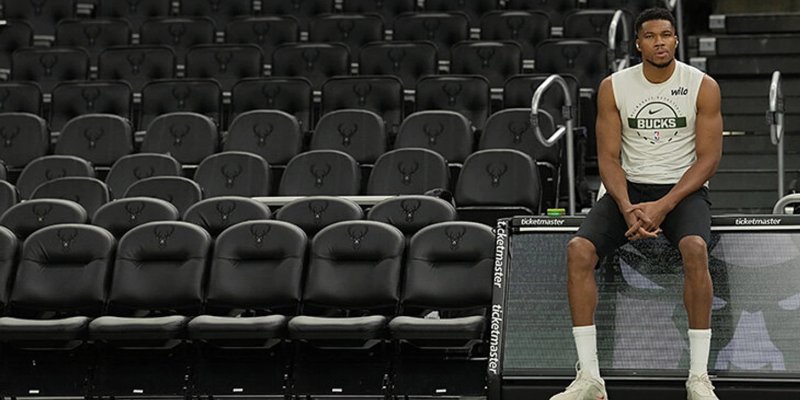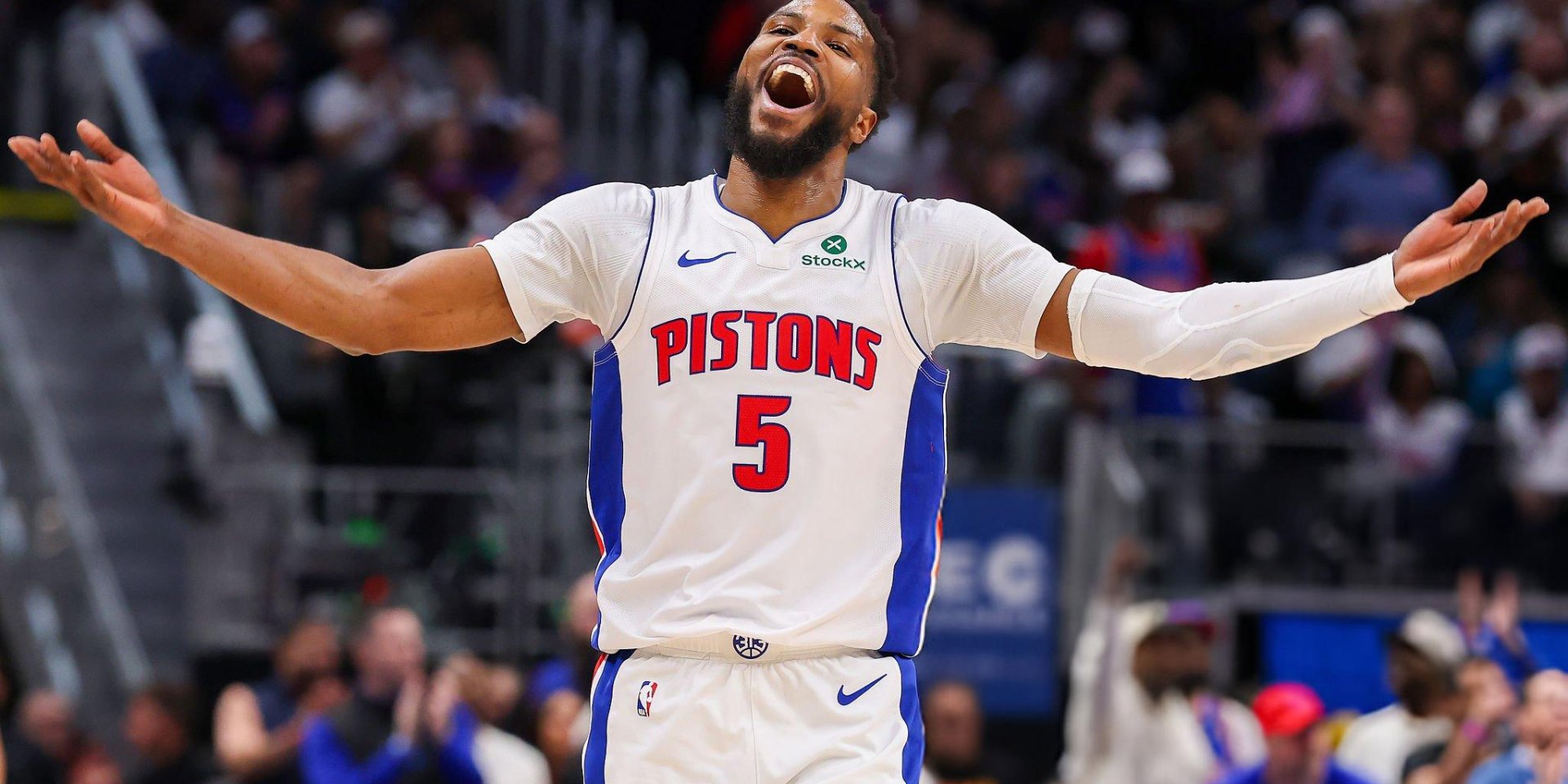
Trail in the Betting Line: What Alarmed the Bookmakers
The offseason is usually a time for quiet preparation and trades, but not this summer. Detroit Pistons shooting guard Malik Beasley suddenly found himself under the close scrutiny of U.S. federal prosecutors. A warning came from a major American bookmaker: at the end of January 2024—when Beasley was still playing for the Milwaukee Bucks—an unusually large volume of bets flooded the markets for his individual stats. The line on over/under 2.5 rebounds in particular dropped: the odds shortened, and in the game against Portland the player grabbed exactly six boards, cashing tickets for the risk-takers.
Such spikes could not go unnoticed by bookmakers’ analytics departments. Because in North America all line movements are logged in real time, regulators and the league were alerted to the anomaly almost immediately. The result is an official investigation now being led by the U.S. district attorney, with the NBA and the clubs merely supplying information to the investigators.
The Voice of the Defense: Presumption of Innocence and the Player’s Position
“An investigation is not yet a verdict,” Malik Beasley’s attorney Steve Haney emphasized. The lawyer reminded everyone of every citizen’s basic right to the presumption of innocence and noted that no charges have yet been filed against his client.
NBA spokesman Mike Bass used virtually the same wording: the league is cooperating with the prosecutor’s office but is in no hurry to draw conclusions. Detroit confirmed it is aware of the investigation, but the club has not commented, and Milwaukee has chosen total silence. For Beasley the situation is extremely delicate: after a brilliant season in Michigan—16.3 points, 2.6 rebounds and 1.7 assists per game, plus a franchise-record 319 three-pointers at 41.6%—he hit the free-agent market. Talks on a three-year, $42 million deal are now on hold.
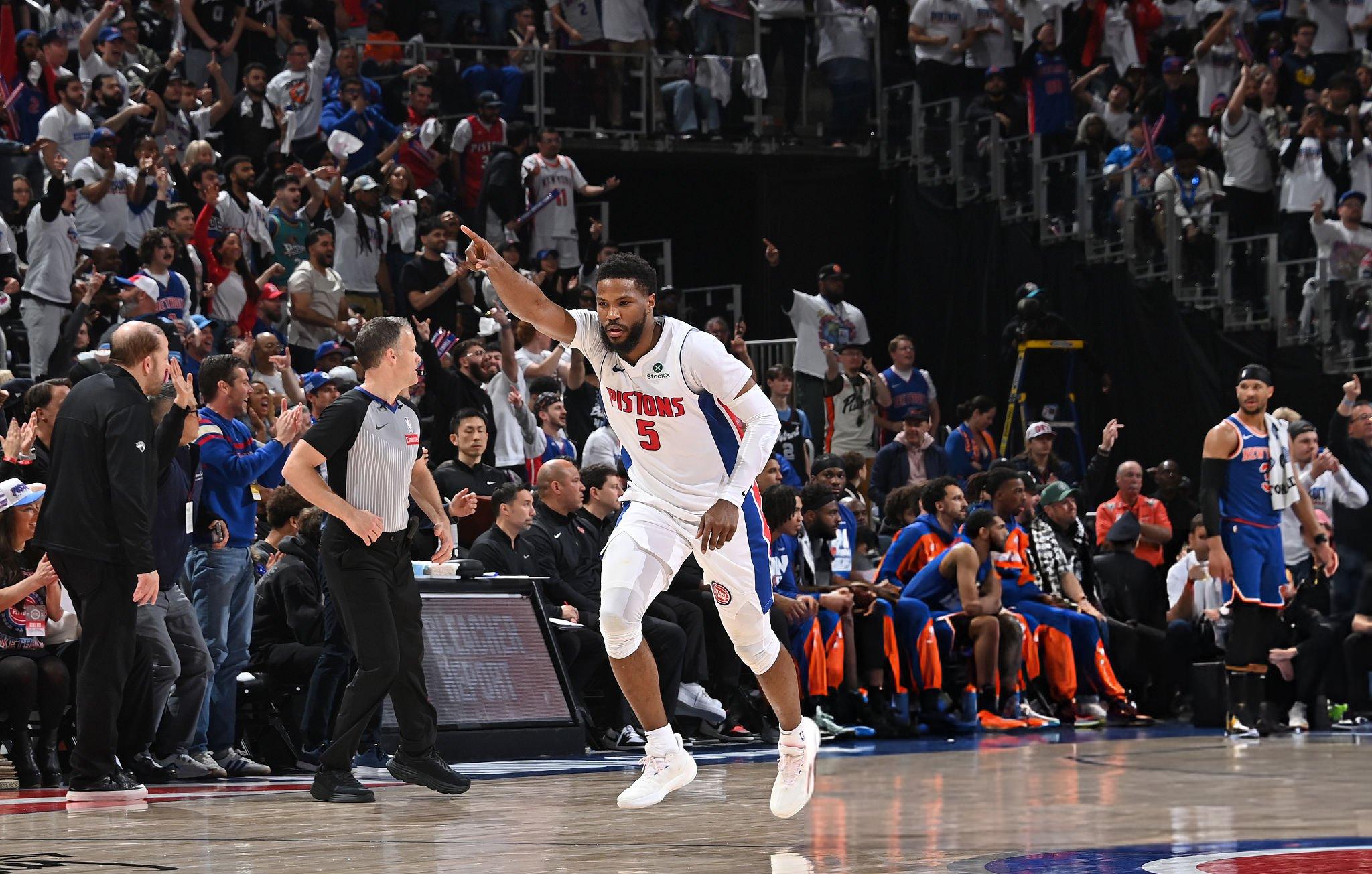
Bets and Players: Two Recent Precedents, Two Different Outcomes
Terry Rozier: When the Smoke Clears
February 2025. The media report that Miami Heat point guard Terry Rozier is under investigation after a spike in wagers on a Charlotte–New Orleans game from a year earlier. At the time some books pulled the line on his assists altogether; too many bettors were hammering the under. Rozier played only nine minutes, scored five points, grabbed four rebounds and dished two assists before heading to the locker room—allegedly because of foot discomfort. Social media instantly filled with stories of “a friend who knew in advance the player would exit early.”
The NBA conducted an internal review and later federal prosecutors joined in. Yet neither the league nor law enforcement found anything illegal: phone records, bank statements and betting logs did not substantiate Rozier’s involvement in any scheme. By late June prosecutors formally cleared him. Rozier finished the season with the Heat, contributed in the playoffs and is now preparing either to stay with the club or to be included in trade talks.
Jontay Porter: The Road to a Lifetime Ban
The ending was very different for Toronto Raptors center Jontay Porter. In January 2024 analysts spotted a sharp influx of wagers on the under for his points, rebounds and assists in a game against the Clippers. Porter played four minutes, cited an eye injury and left the floor; bettors made a fortune as the unders all cashed.
It turned out this was no one-off. In March a similar scenario unfolded against Sacramento: lines of 7.5 points and 5.5 rebounds looked absurd as Porter left after three minutes with zero points and two boards. The investigation revealed that the center had given inside information about his health to a bettor and had placed at least 13 NBA wagers himself through an acquaintance’s account, netting nearly $22,000.
The final result was a lifetime ban from the NBA at age 24. The league notified international federations as well: Porter’s attempt to sign in Greece was blocked. In the wake of the scandal many bookmakers limited under markets for players on two-way or 10-day contracts.
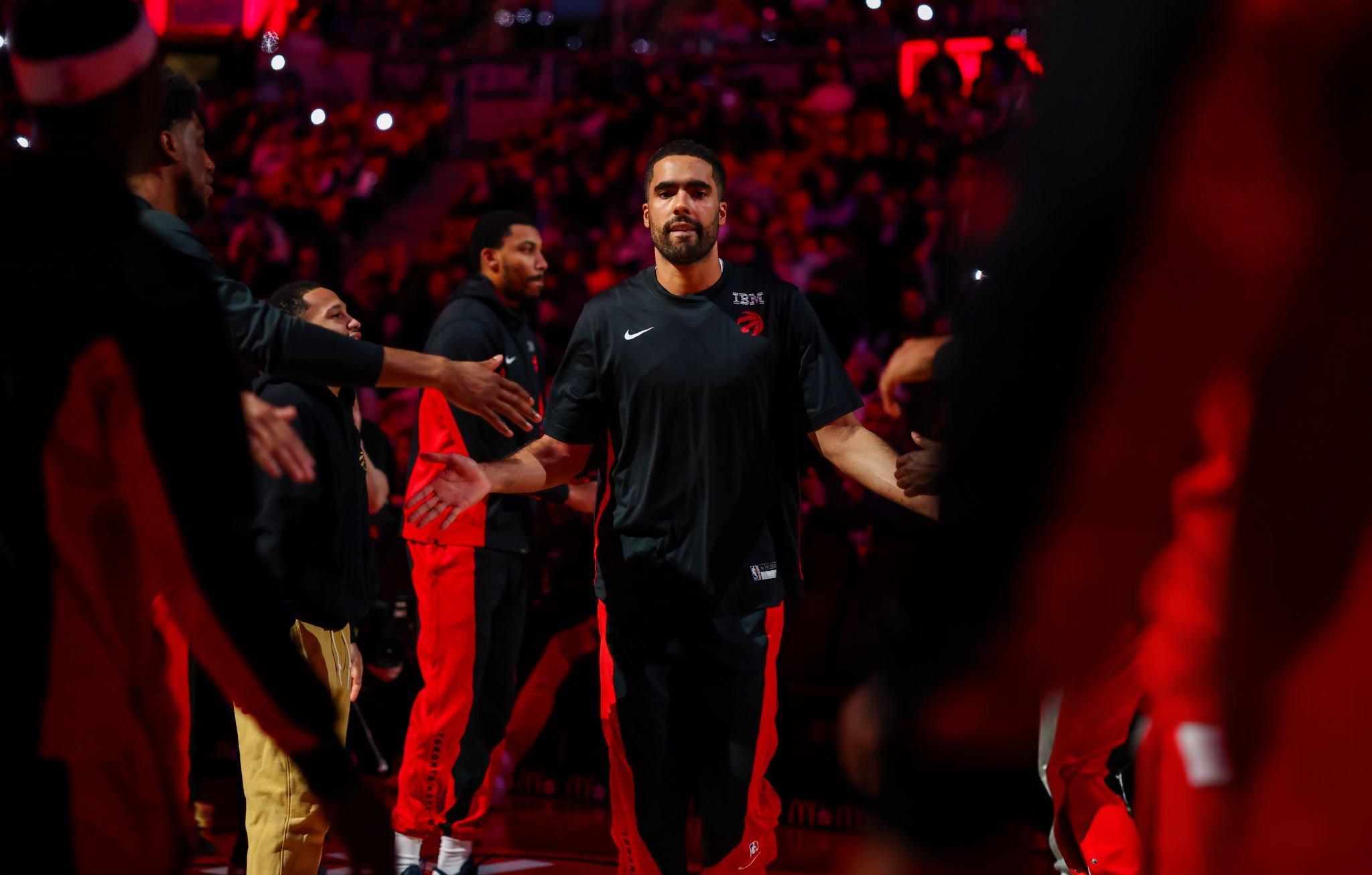
Next Steps: Key Factors in the Beasley Case
- Access to Inside Information. If it emerges that Beasley shared insider data with third parties, that would be a serious breach of the collective bargaining agreement and federal law.
- Personal Involvement in Betting. Using his own or proxy accounts is a direct route to a lengthy suspension.
- Repeatable Pattern. So far only one game is in question, but the bookmakers’ transaction database can reveal a multi-year picture.
- Contract Status. Being a free agent complicates matters: no club will sign a player while the risk of sanctions hangs over him.
Reputational Context: Why the League Cannot Look the Other Way
The NBA is enjoying a boom in legal sports betting: since the 2018 U.S. Supreme Court decision the wagering industry has exploded into the billions. The league earns a substantial slice of revenue from partnerships with sportsbooks and cannot afford scandals that undermine public trust.
At the same time the association’s leadership walks a fine line: on one side lucrative sponsorship money from bookmakers, on the other the need to maintain the veneer of a “clean game.” The Porter precedent showed that the NBA is willing to take extreme measures—up to lifetime bans—to preserve its reputation.
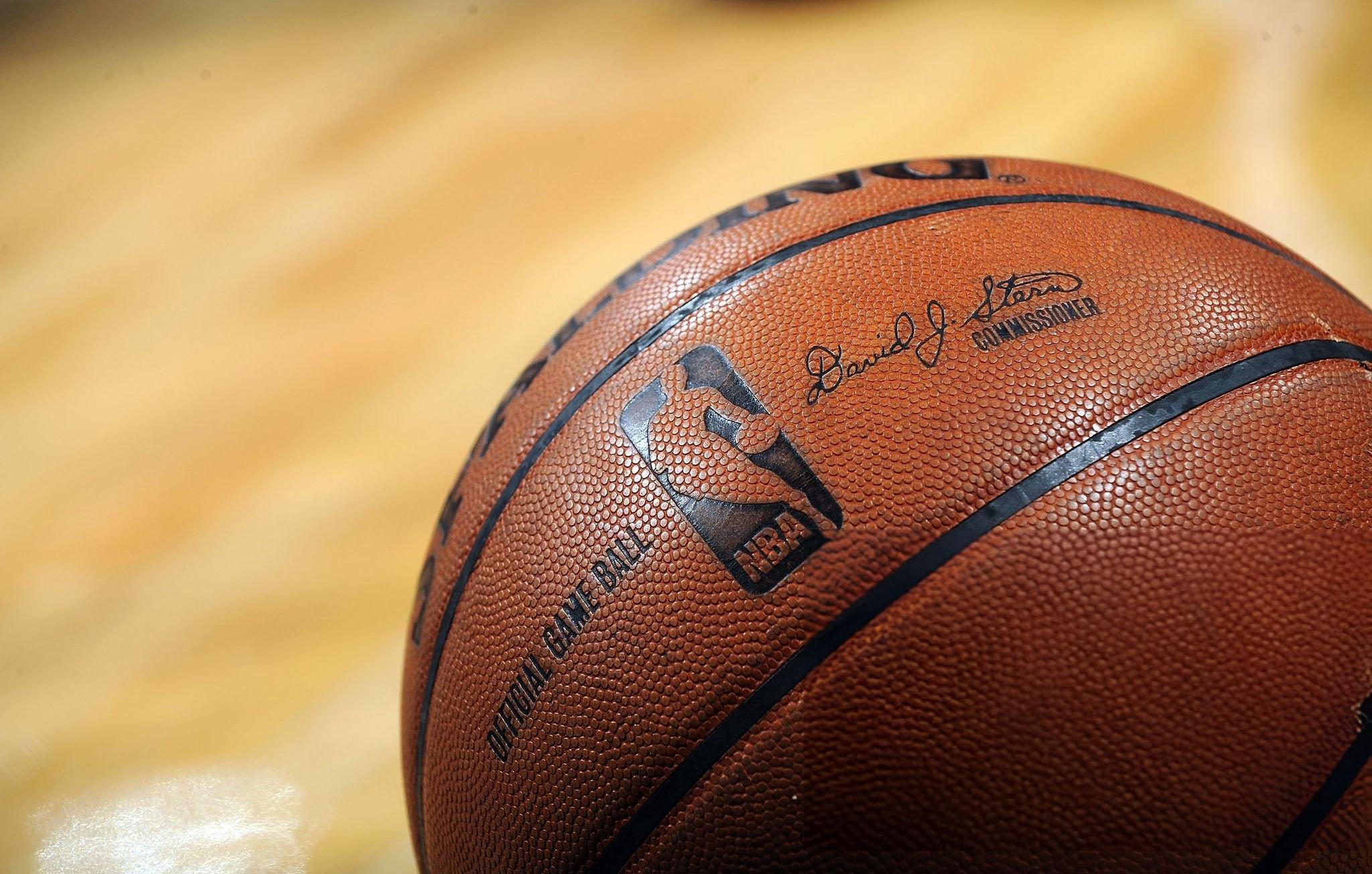
What’s Next: Possible Scenarios for Malik Beasley and His Career
- Cleared of Suspicion. Contract talks resume and the scandal becomes a footnote in his bio.
- Fine or Short Suspension. If procedural violations are found it hurts but is not fatal.
- Long-Term Suspension. Worst case: a Porter-like path, lost contracts and a damaged reputation.
Beasley himself remains silent, working out on his own. His agent can only wait for the prosecutor’s findings: they will determine whether this story is another “false alarm” like Rozier’s, or the third high-profile ban in a year of scandals hitting the league.
One thing is clear: with each new investigation the NBA refines its bet-monitoring algorithms, and bookmakers tighten internal compliance. For players that means zero tolerance for any dubious contact with wagering markets. The stakes are high—not only on the betting slips but in their careers as well.

